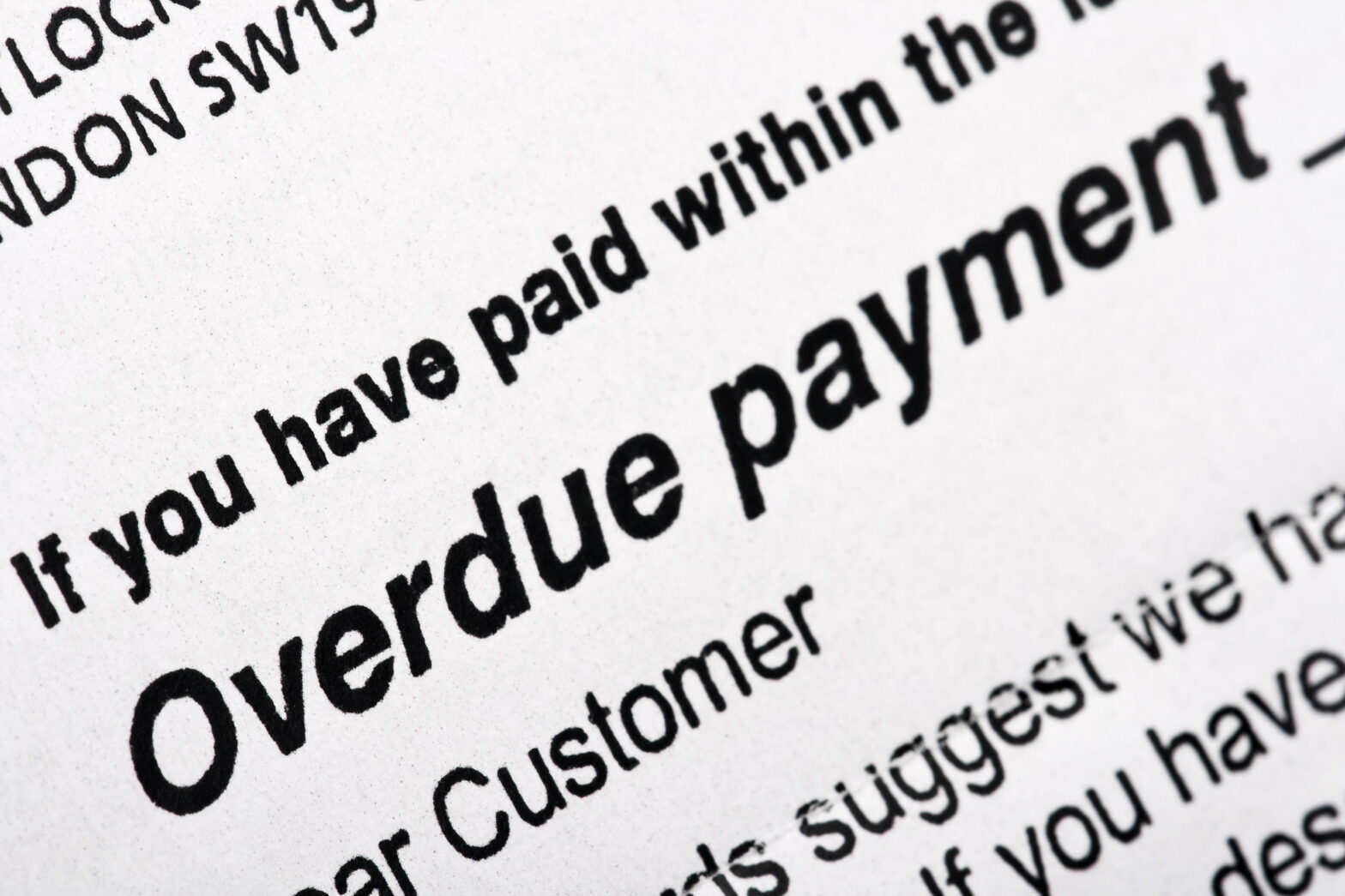Unfortunately, if someone doesn’t want to pay you, they can put it off almost indefinitely. Every business, including mine, suffers from unscrupulous business people who just won’t pay. I have to say that what annoys me the most are the false statements of cheques in the post or mistakes by the secretary or the accounts department.
Dull as it may seem, a lot of the answer to collecting your debts as quickly as possible is in the paperwork. We don’t take on any work unless we have signed order forms with clear terms and conditions written on them. Most freelance creative people find this formal procedure difficult, but it’s what you should do.
With this sort of written evidence to back you up, you should also set up for yourself a clear routine of chasing people. Start off with a polite fax reminding your customer what your terms are. Leave it a few days. Send another fax, slightly more urgently worded. After a few days, you should phone and speak to the person who signed the order form. Very politely try to get a commitment for the bill to be paid on a certain date. Follow it up if this doesn’t happen. But you must keep a steady, but polite, pressure on your customer, because a poor payer is far more likely to pay someone who takes up their time. And don’t forget that your customer’s staff don’t like to be in the position of constantly having to tell lies for their boss.
Finally, if all the pressure fails, threaten to take out a statutory demand within a certain number of days. And go through with it if this hasn’t prompted payment. A statutory demand is free save for the cost of preparation if you use a solicitor, although you can do it yourself by buying a form from a law stationer. My business has just served a demand, with complete success. A statutory demand gives your customer 21 days to pay up; if the bill is not paid by then, you can get an order to wind up the company. But you won’t be able to do this, if your customer disputes the bill, which is why you need to have clear written terms and conditions and signed orders.
See also: The importance of credit control





